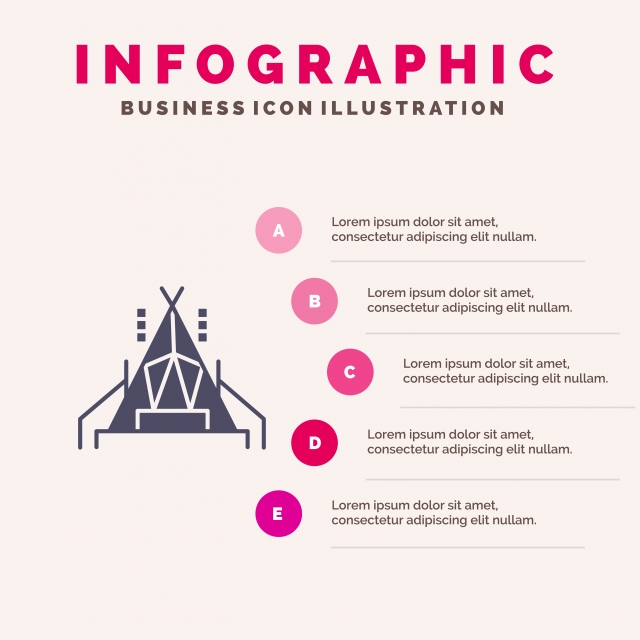CPAI-84 is a conventional used to check fabric for use in camping tents. It makes use of a flame to shed the textile and measure the damages length to identify whether or not it is fire resistant.
How do you keep a tent down in the wind?
Numerous camping tents are treated with fire retardant chemicals to satisfy CPAI-84 standards. Exposure to these chemicals is connected to unfavorable health impacts.
CPAI-84 is a non-committal and voluntary standard for flammability of outdoors tents.
An outdoor tents is a mobile, short-lived sanctuary created to secure individuals from the elements. Tents are commonly used for leisure tasks and sleepovers and can additionally be a form of shelter for individuals experiencing being homeless. A brand-new proposition would certainly change the reference to CPAI-84 in the Tents Rules with the just recently published ASTM F3431 standard, which needs a lower degree of flammability and defines clear labelling needs.
CPAI-84 is a non-committal and volunteer criterion that puts on exterior materials, consisting of those made use of in camping tents. The examination gauges the flammability of material by shedding examples and measuring their char length and after fire. It additionally considers weathering of the textile.
The existing CPAI-84 test is much less fit to the materials that make up modern-day tents, which are typically made from lightweight and synthetic materials. It is additionally not as exact as the new ASTM F3431 test. REI is partnering with various other brand names, makers and standard-setting teams to sustain the ASTM F3431 standard, which can allow tents to meet flammability standards without fire resistant chemicals.
CPAI-84 is a screening approach.
CPAI-84 is a testing technique that evaluates flame-resistant materials used in camping tents. It specifies an outdoor tents as "any type of portable momentary shelter or structure developed to safeguard people from the elements." This consists of outdoor camping tents, play outdoors tents, eating flies and covers, rv awnings, and fabric screen homes.
A number of states, including California, require that textiles utilized in tents satisfy CPAI-84 criteria. These demands differ from one state to another, nevertheless. Some local codes, like those in New york city, might need NFPA 701 qualification, which is a lot more strenuous than CPAI-84.
The CPAI-84 examination requires that 4 examples of the material be evaluated in their original state, saturated for 72 hours, and aged through increased weathering. It also needs that the example pass a small-scale examination, in which it is revealed to a flame for 12 seconds and measured for char size and damages time.
CPAI-84 is a certification.
Several states need that fabrics utilized in awnings, drapes and outdoors tents be certified as flame immune. One of the most usual examination is NFPA 701 or CPAI-84. NFPA 701 tests for fire spread, while CPAI-84 actions char size and afterflame. Both tests make use of a Bunsen burner or a melt tablet as the ignition resource.
CPAI-84 is a testing approach established particularly for flame resistance in camping outdoor tents textile. Its criteria are extensively accepted in the U.S. and are thought about a benchmark for fire safety and security in outdoor fabrics worldwide. The CPAI-84 accreditation is a mark of high quality that can be shown on a manufacturer's web site to reveal consumers that the product meets the highest possible security requirements.
A new upgrade to CPAI-84 living in a tent is offered via the Advanced Textiles Association (ATA). This version enables screening of fabrics without using harmful fire resistant chemicals. This step is being driven by consumer demand and an issue for wellness dangers that are associated with exposure to these chemicals.
CPAI-84 is a criterion.
CPAI-84 is a standard for flame-retardant products utilized in camping tents. It is similar to ANSI 4950, yet both tests have various needs and test techniques. CPAI-84 is the duty of Industrial Fabrics Association International and consists of screening for camping outdoors tents, play tents, mobile home awnings, dining flies and canopies, and textile display houses.
CPAI-84 is typically needed for camping products sold in the USA and is taken into consideration a benchmark for fire safety in fabrics. It is likewise vital for camping makers to abide by the typical so that they can offer customers with a high degree of confidence in the security and high quality of their items. Several states, including The golden state, need camping tents to adhere to CPAI-84 requirements. If you're looking for a top quality camping tent, ensure to look for compliance with this criterion. If you're not sure, call the manufacturer and inquire about their screening methods and documents.
